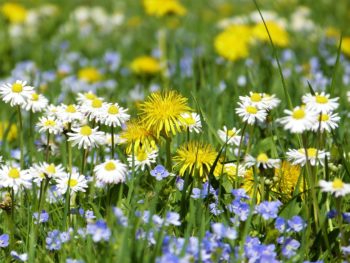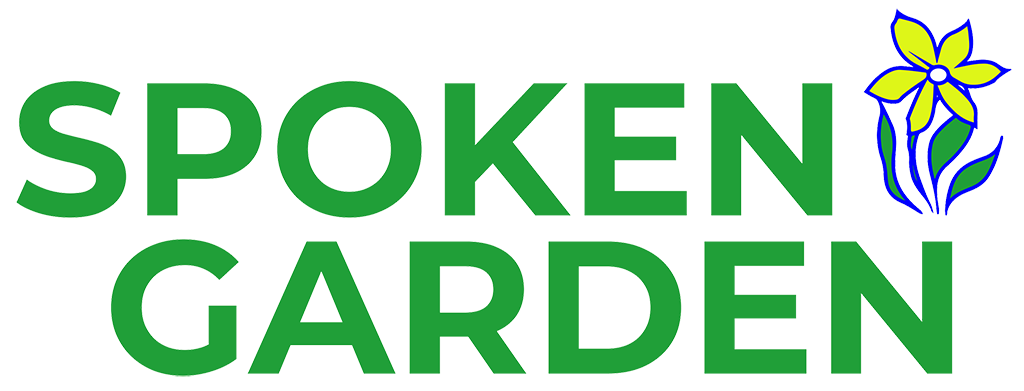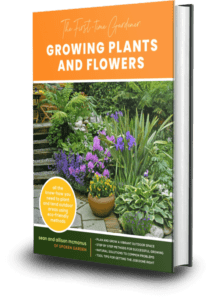Learn the difference and when to use a soil amendment versus a fertilizer for your garden’s health in this quick podcast episode.
Subscribe on iTunes Stitcher Spotify
Watch Us on YouTube

Keep your plants healthy by using soil amendments and fertilizer, but know the difference.
Today’s Topic:
Do You Know When to Use Soil Amendments or Fertilizer In Your Garden?
In this podcast, you’ll learn the difference between soil amendments and fertilizers, and how they can directly or indirectly impact your garden.
What You’ll Learn:
- The difference between soil amendments and fertilizer in your garden.
- How each can directly or indirectly impact your gardens health.
- Resources and links for more information.
Resources:
Some of the resources and products below may be affiliate links, meaning we might get paid a commission (at no extra cost to you) if you use that link to make a purchase.
- Garden Soil Amendment Do’s and Don’ts – DIY Garden Minute Ep. 25 (podcast)
- Test Your Garden’s Soil Texture (article)
- When to Remove Old Mulch Before Adding New Mulch (video)
- Alternatives to Beauty Bark Mulch (podcast)
- Want to get started, but not sure on what? Go to our Start-Here Page!
When to Use Soil Amendments and Fertilizer
We all want to improve the plants in our gardens by using soil amendments and fertilizers, but sometimes it can be confusing to know the difference between the two because they are two different things. Both can improve plant health.
- You should want to use soil amendments in your garden when you want to improve your soils physical characteristics to indirectly improve your plants and garden’s health, like
- water holding (compost, clay, or general organic matter)
- nutrient holding capacity (compost, clay)
- drainage (sand, vermiculite, perlite, compost/organic matter)
- texture (sand, silt, or clay, and sometimes organic matter)
- organic matter content (compost or arborist chips)
- You should want to use Fertilizers (natural or synthetic) in your garden when you want change or improve the nutrient levels in your garden soil to the be directly available to plants, like
- Organically Sourced
- Aged Compost
- Manures (chicken, cow, fish, etc..)
- Blood- Meal or Animal-Meal or Bone-Meal
- Organic time-release
*There are other sources of fertilizers out there, so be sure to read the label and know what’s in them before you use them in your garden so you get the desired result you are looking for.
If you aren’t sure where to start learning about garden care, go to our Start Here page at spokengarden.com/start-here .
And, if you have questions about garden mulching, edging or other garden tasks, we are here to help, so please email us.
Thanks for Listening!!!
That’s all for this podcast episode! You can find other beginning gardener topics on our podcast page by clicking here or go to SpokenGarden.com and click on the “Listen” tab. Also find us on your favorite podcast platform and smart speaker!
Share Your Thoughts:
- Leave a note in the comment section below.
- Leave comments/ suggestions at Seanandallison@eseospace.dev
- Share our show or follow us on Instagram, Twitter, Facebook, or Pinterest.
To Help Us Out:
- Leave a review on iTunes. Your ratings and reviews really help us reach new listeners to help them in their gardens!
*Spoken Garden is a participant in the Amazon Services LLC Associates Program, an affiliate advertising program designed to provide a means for sites to earn advertising fees by advertising and linking to Amazon.com.


